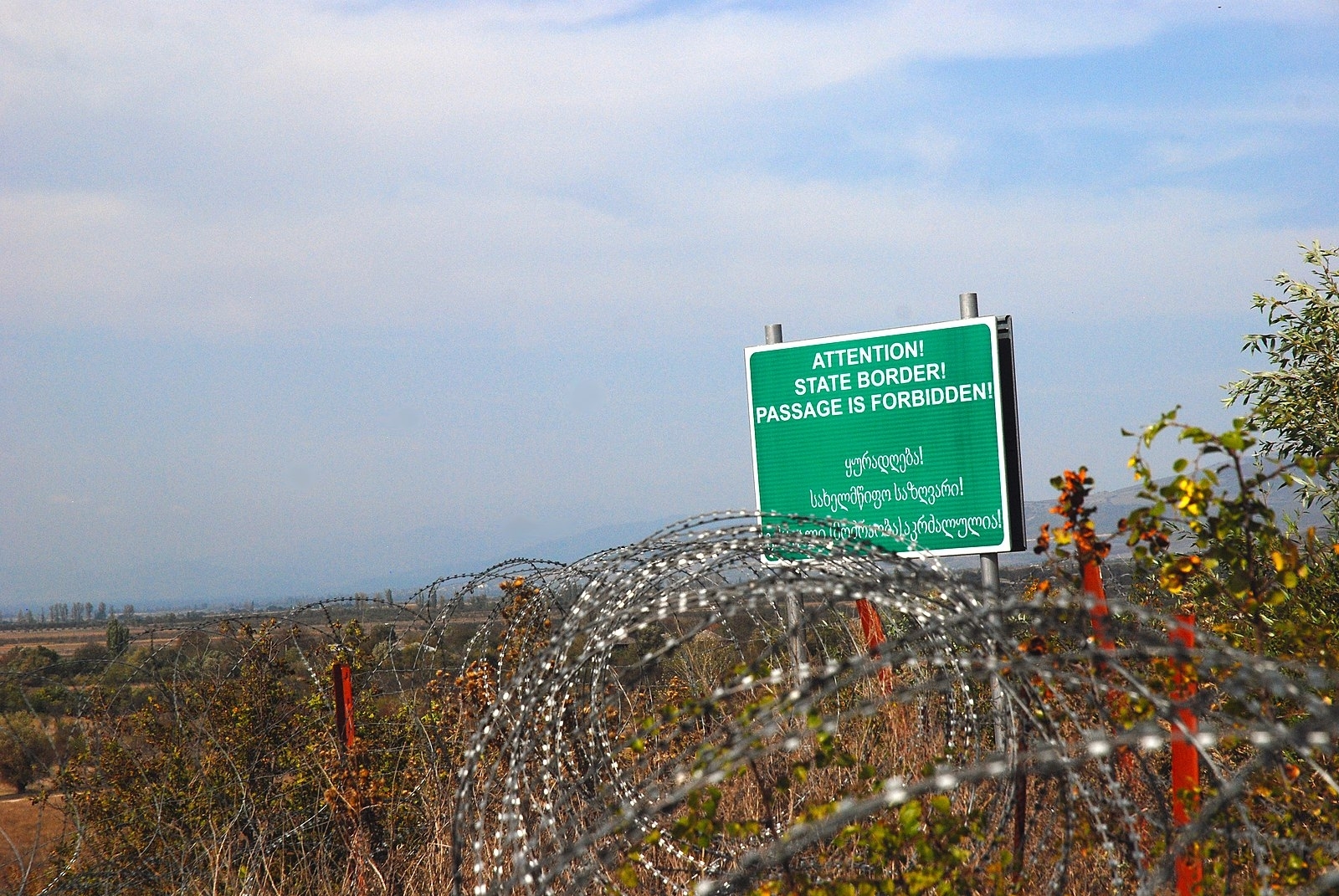Georgian-Abkhaz relations and “foreign agents” bill
Author: Akhra Bzhania
Will the residents of Georgia be able to defend their civil liberties, and could this serve as a foundation for future reconciliation of Abkhaz-Georgian relations?
In this context, well-known Abkhazian activist Akhra Bzhania reflects on the proposed “foreign agents” bill that the Georgian government intends to pass.
This topic is very relevant to Abkhazian society, as the authorities in Abkhazia are also attempting to pass a similar law against the backdrop of public sentiment, restricting the rights and freedoms of citizens.
No free society will tolerate the adoption of the ‘foreign agent’ bill in the form being promoted in Georgia and Abkhazia.
Firstly, because it gives the government the ability to interpret the activities of organizations and activists as undesirable, practically without judicial oversight.
Secondly, it restricts constitutional rights and freedoms of citizens, including the right to work, freedom of expression, and the freedom to participate in public actions.
Thirdly, due to its obvious authoritarian and isolationist tendencies, the law significantly narrows the scope of the state’s foreign policy interactions.
In other words, if your plans involve developing your country based on citizen activity and creative potential, controlling governmental ambitions, and maintaining openness and friendliness to the wider world, then the ‘foreign agents’ bill could hinder those plans.”
However, there’s another nuance in our case.
In the event of the adoption of the “foreign agents” bill, interpreted by the Georgian opposition as aimed at suppressing resistance to Russian-Georgian geopolitical rapprochement, it could become a powerful factor in shaping new realities in the South Caucasus.
Realities where the economic and regional partnership between Russia and Georgia could overshadow the idea of Georgia’s Euro-integration. And then, who knows what compromises will be reached, and who will be the subject of these compromises. Abkhazia? This cannot be ruled out.
At the very least, the Georgian side will undoubtedly insist on this, and some Russian experts do not hide the possibility and justification of such a scenario. Paradoxically, while things were relatively stable with the “anti-Russian” leadership of Georgia under Saakashvili, now, under the “pro-Russian” government of Ivanishvili, and especially in the event of the aforementioned law being passed, everything will become much more complicated!
But the peculiarity of the situation doesn’t end there.
If, in the distant perspective, there’s a possibility of Abkhaz-Georgian reconciliation, it will only be feasible with the alignment and mutual recognition of certain fundamental values. Your free choice can only be respected by those who value their own freedom of choice! And in this context, the ruling party “Georgian Dream,” aspiring to limit the rights and freedoms of its own citizens, may not be the most promising negotiator when/if it comes to the free choice of the citizens of Abkhazia.
That the Abkhaz cherish freedom, they have repeatedly proven. Just look at their resistance to the suicidal initiatives of the current Abkhaz government. Two years of protests in Sukhumi practically paralyzed the adoption of controversial laws on apartments, foreign agents, defamation, and more.
Will Georgian society be able to defend its civil liberties, and could this serve as a perhaps fragile, but foundational element of Abkhaz-Georgian reconciliation in the future? Only time will show.
Georgian-Abkhaz relations and “foreign agents” bill


